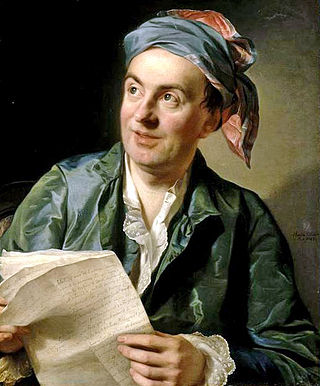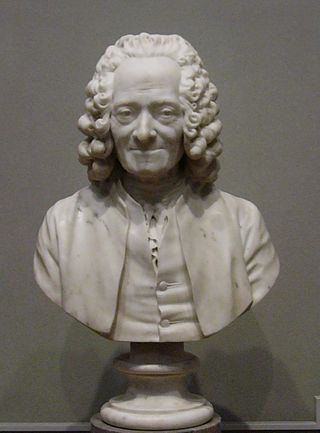This article needs additional citations for verification .(March 2013) |
This article contains information about the literary events and publications of 1762.
Contents
| |||
|---|---|---|---|
| +... | |||
This article needs additional citations for verification .(March 2013) |
This article contains information about the literary events and publications of 1762.
| |||
|---|---|---|---|
| +... | |||

This article contains information about the literary events and publications of 1833.
This article contains information about the literary events and publications of 1804.
The following literary events and publications occurred in the year 1763.
This article contains information about the literary events and publications of 1774.

This article contains information about the literary events and publications of 1776.

Jean-François Marmontel was a French historian, writer and a member of the Encyclopédistes movement.
This article contains information about the literary events and publications of 1750.
This article contains information about the literary events and publications of 1754.
This article contains information about the literary events and publications of 1759.
This article contains information about the literary events and publications of 1760.
This article contains information about the literary events and publications of 1761.
This article contains information about the literary events and publications of 1766.
This article contains information about the literary events and publications of 1769.
This article contains information about the literary events and publications of 1771.
This article contains information about the literary events and publications of 1777.

18th-century French literature is French literature written between 1715, the year of the death of King Louis XIV of France, and 1798, the year of the coup d'État of Bonaparte which brought the Consulate to power, concluded the French Revolution, and began the modern era of French history. This century of enormous economic, social, intellectual and political transformation produced two important literary and philosophical movements: during what became known as the Age of Enlightenment, the Philosophes questioned all existing institutions, including the church and state, and applied rationalism and scientific analysis to society; and a very different movement, which emerged in reaction to the first movement; the beginnings of Romanticism, which exalted the role of emotion in art and life.
Literature of the 18th century refers to world literature produced during the years 1700–1799.
Nationality words link to articles with information on the nation's poetry or literature.

William Kenrick was an English novelist, playwright, translator and satirist, who spent much of his career libelling and lampooning his fellow writers.
Charles Poisot was a French musician from the second half of the 19th century. A pianist, composer and musicographer, he was also director of the Dijon Conservatory, where he spent his life.